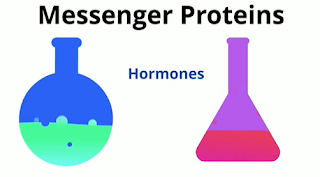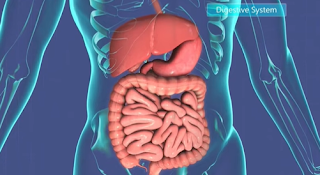What are the functions of Proteins?
Proteins are made up of hundreds or thousands of smaller units called amino acids, which are attached to one another in long chains. Proteins are put together at ribosomes from a blueprint stored in DNA and more specifically from sections of the DNA called genes. There are 20 different types of amino acids that can be combined to make a protein. The order of amino acids determines each protein’s unique shape and its specific function or job.
Let’s take a look at 5 important functions of proteins
1) Messenger Proteins. Hormones are an example of messenger proteins. These proteins are secreted by endocrine glands, and act as chemical messengers that transmit signals from one cell to another. An example of a hormonal protein is insulin, which is secreted by the pancreas to regulate the levels of blood sugar in your body. Adrenaline secreted by the adrenal glands, especially in conditions of stress, increases rates of blood circulation, breathing and is part of the fight or flight response.
2) Enzymatic Proteins. Enzymatic proteins accelerate chemical reactions in your cells, including liver functions, stomach digestion, An example are digestive enzymes that break down food into simpler forms that your body can easily absorb.






0 comments:
Post a Comment